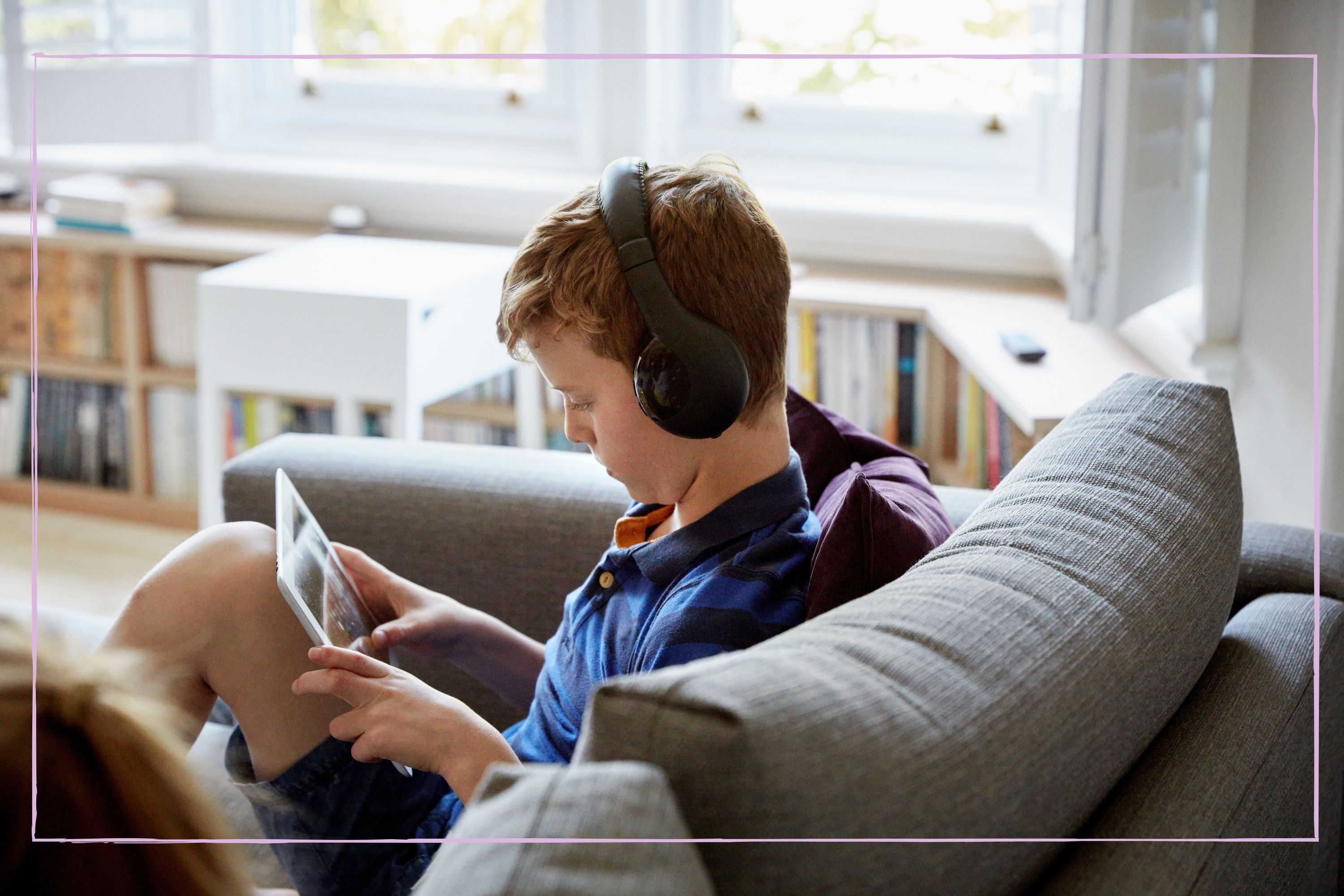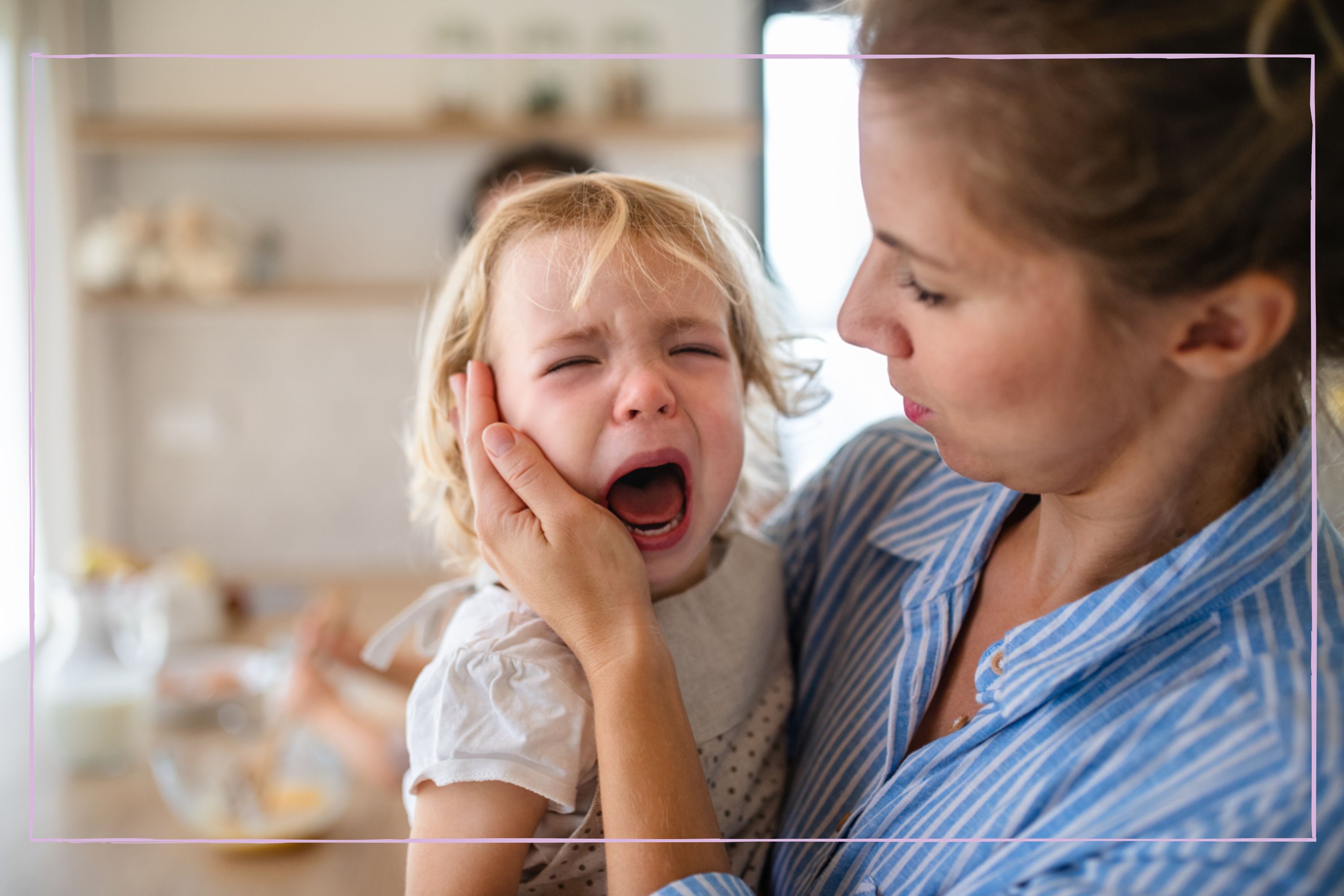How to choose a secondary school
Is your child ready for big school next year? Start attending open days and read our guide on choosing the best school for your child, plus the admissions procedure

Selecting which school your child goes to is a big decision. There are many questions to ask and a lot of information to sift through but to make things easier, here's your at-a-glance guide to choosing your child's secondary school, questions to ask the teachers and how to get through the admissions procedure.
Why are there so many different types of secondary schools these days?
They all take pupils between the ages of 11-16 but the way they are funded and the application procedure will differ from school-to-school. Here's a rough guide:
Academy schools - Free from local authority control, academy schools have far more freedom to set their own curriculum and term dates. Many academies have a sponsor, which can come from The Church of England, a local university or a large company. Although in the past other state schools have typically outperformed academies in GCSE results, the governments' new scheme to encourage more schools to change to academy status could vastly improve underperforming schools with huge budgets from sponsors.
City Technology College - These are independent, non-fee-paying schools, which rely on funding from the business sector and from the Department for Education and Skills. They focus on technology-based subjects such as science, technology and maths.
Specialist schools - They are the standard curriculum but also focus on specific areas such as languages, the arts, science and engineering. Specialist schools team up with experts in their chosen field, for example one that focusses on the arts may team up with a national theatre company.
Faith schools - These are schools that put religious belief as the cornerstone of their curriculum. Some are paid for by the State, others are funded by a religious organisation, and others have funding from both sides.
Pupil Referral Unit - Often labelled as schools for disruptive pupils but this isn't always the case. Pupil Referral Units (PRUs) often teach teenage mothers, pregnant schoolgirls, children with learning difficulties, pupils that are or about to be excluded from school and kids with health problems that make attending a regular school hard for them.
GoodtoKnow Newsletter
Parenting advice, hot topics, best buys and family finance tips delivered straight to your inbox.
What are league tables?
The school league tables are the overall results of each year's GCSE and SATs results. The league tables give you a view on how many pupils reached the required level in maths, science, English and reading. You're able to compare schools to see how the pupils have achieved. Due to complications in marking Sats the Government has scrapped them for Key Stage 3, which is at age 14. Although league tables are useful they are not a definitive guide to how well your child may or may not do. There are lots of other factors that affect these results, such as the number of children whose first language isn't English.
What about special needs?
All schools have pupils with special needs but if a school has more than 40% of pupils on the special needs register then this means that more than a third of the school have learning difficulties. You need to find out what extra facilities they have to help children with special needs and how many of the teachers are trained to help kids with learning difficulties.
Questions to ask yourself when choosing a secondary school
At some point you need to step away from all the details and get back to basics. Look at the school for its academic record, especially English and maths results, the most recent Ofsted report, the behaviour and attitude of the pupils, and the after-school and extra-curricular activities.
- Have you got all the right forms and have you filled them out correctly? Some schools have a very specific procedure when it comes to filling in the application forms, so you need to check with the school and possibly the local education authority as to whether you have given them the right information.
- Also, think about the school run, will you be travelling with your child twice a day, or will they make the journey on their own? Is it far away? What's the public transport like? Is there a school bus?
- Is it the sort of school that has lots of school trips and extra expenses that you might find difficult to keep up with?
- Try to be open minded. Around 21% of pupils don't get into the school they want.
Questions to ask your child when choosing a secondary school
Although it's important to remember that the final decision is with you as you're the adult, it's worth asking your child about their thoughts on which school they prefer and why.
- Why do they want to go there? If it's just because that's where their friends are going then you'll need to probe a bit further. Choose the best school for your child not the one where they'll have the best social life.
- Find out what their hopes and dreams for the future are. Although what they want to do when they grow up will probably change by the time they're old enough to work, it's worth finding out if they've got an idea of what they're interested in.
- What extra-curricular activities might they be interested in? Schools aren't just about learning the basics, some kids really excel at arts or sports and if they're at a school that brings out this side of them, then so much the better. Plus, children who aren't as academically successful as other kids may lack confidence if there's nothing else that they're encouraged to do.
Questions to ask the teachers when choosing a secondary school
- How many children in a class?
- Do all teachers have a teaching assistant?
- Would you send your child to this school?
- How do you deal with bullying?
- How do you deal with disruptive pupils?
- How do you encourage kids who don't want to learn or find learning difficult?
- How do you look after kids that are especially gifted?
- What do you do to stretch and challenge children's learning?
- How does the school deal with complaints about the standard of teaching?
What is the admissions policy?
Schools will explain this at the open evening but sometimes the rules are complicated so make sure you understand it as there's no point trying to get your child into a school that they have no hope of going to, or that's outside your catchment area. Understand the appeals procedure. If you can't get into either of your first choice schools then you will have to go to your third choice, if you meet their criteria. If you meet none of the criteria you'll have to go to another school that's usually unpopular and a long way from your home.
What else can I do?
Although it might sound like the sort of thing you read when you really can't sleep, the school's Ofsted report will give you a fairly detailed and honest overview of the school. It will outline the exam pass rates, behaviour problems, welfare of the pupils, level of teaching, facilities and any other schemes or measures that the school is involved with.
Open days are always useful, even though they may seem like a big PR exercise. They give you and your child a chance to walk around the school and talk to the pupils and teachers.
If there are certain things that you're concerned about, for example, maybe your child is especially nervous or has had problems at other schools, you can ask to see the deputy or head teacher.
If you think that your child will have to go to a school that you don't like, try not to influence them too much as this could negatively affect your child's experience of the school and encourage them to misbehave.
Finally, remember that a child needs support from the home, the teachers can't do it all. So even if your child has got into the best school in the area you'll still need to help with homework and projects.
Visit schoolsfinder to find your local schools
More help and advice 20 ways to prepare your child for a new school Do you know what your kids are learning at school? Understand their exams
Trusted, informative, and empathetic – GoodToKnow is the ultimate online destination for parents. At GoodtoKnow, our mission is 'simple': we're trying to make sense of parenthood. On the site, you'll find everything you need for a happy, healthy family life. Our huge archive of content includes more than 18,000 articles and 1,500 how-to videos. These include expert-backed advice features on parenting, dealing with relationship changes after having a baby, self-care for mums and managing your family finances. We also feature tried-and-tested product reviews and buying recommendations for every stage of family life - from prams and Moses baskets to birthday gifts and top toys.
-
 The 'incredibly helpful' 30-second rule – liked by nearly 2 million people – that your kid needs to know about
The 'incredibly helpful' 30-second rule – liked by nearly 2 million people – that your kid needs to know aboutThis useful piece of advice is worth remembering for all of us, not just our children
By Adam England
-
 How long is the school summer holiday in the UK?
How long is the school summer holiday in the UK?Too long is not officially the right answer...
By Heidi Scrimgeour
-
 What is ‘sturdy parenting’? Child psychologist Dr Becky explains the benefits of this technique
What is ‘sturdy parenting’? Child psychologist Dr Becky explains the benefits of this techniqueIf you're at a loss when it comes to disciplining your kids, sturdy parenting might help - and it's approved by child psychologist Dr Becky.
By Ellie Hutchings
-
 3 tips to set screen time boundaries from parenting experts Dr Becky Kennedy and Professor Emily Oster - and #1 is an important reminder
3 tips to set screen time boundaries from parenting experts Dr Becky Kennedy and Professor Emily Oster - and #1 is an important reminderStruggling to set screen time boundaries with your kids? Parenting experts Dr Becky Kennedy and Professor Emily Oster have shared three top tips.
By Ellie Hutchings
-
 Could 'lazy parenting' be the next big thing? 2 psychologists share why it can be beneficial for development, but not everyone agrees
Could 'lazy parenting' be the next big thing? 2 psychologists share why it can be beneficial for development, but not everyone agrees'We need more lazy parents' and here's why, according to two child psychologists
By Ellie Hutchings
-
 Parents, do you know what H.E.L.P. stands for? Psychologists swear by this acronym to navigate those tough parenting moments we all face
Parents, do you know what H.E.L.P. stands for? Psychologists swear by this acronym to navigate those tough parenting moments we all faceRemember: Halt, Empathy, Limits, Proximity...
By Ellie Hutchings
-
 Sticker charts 'don't work in the long run' says psychotherapist - try these 8 tips to teach kids intrinsic motivation instead
Sticker charts 'don't work in the long run' says psychotherapist - try these 8 tips to teach kids intrinsic motivation insteadOne expert has explained eight things you can do as a parent to help your child develop intrinsic motivation - and it means abandoning the sticker chart.
By Ellie Hutchings
-
 Reflective parenting could help your teenager manage their big emotions, new research shows - here are 5 steps to try
Reflective parenting could help your teenager manage their big emotions, new research shows - here are 5 steps to tryThe teenage years are tough for everyone involved. But research has suggested that an approach known as 'reflective parenting' can be the key to reconnecting.
By Ellie Hutchings